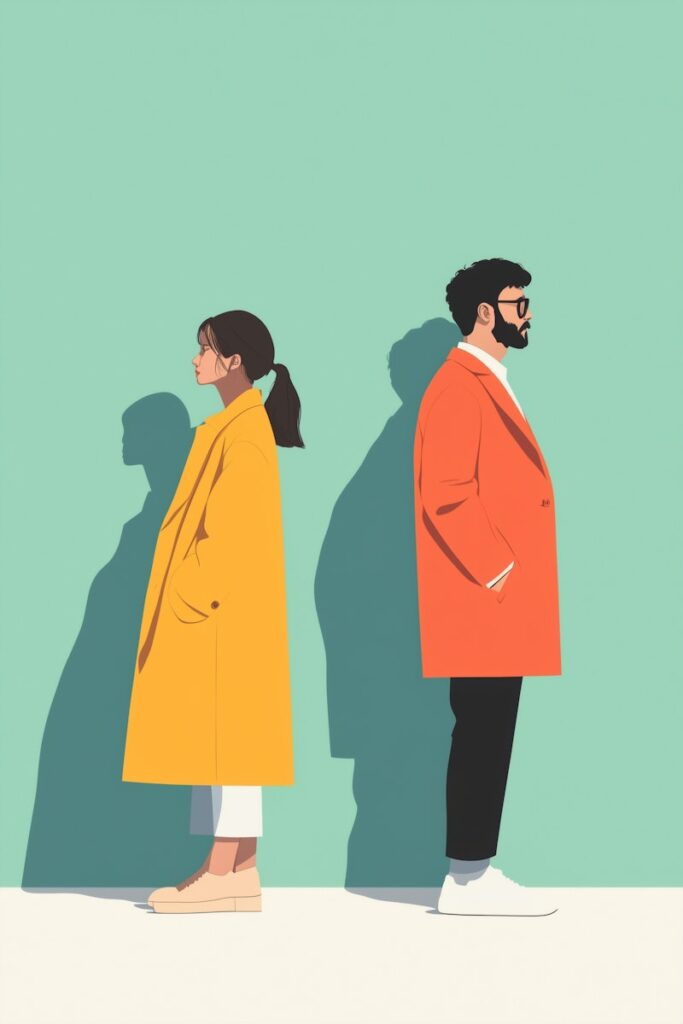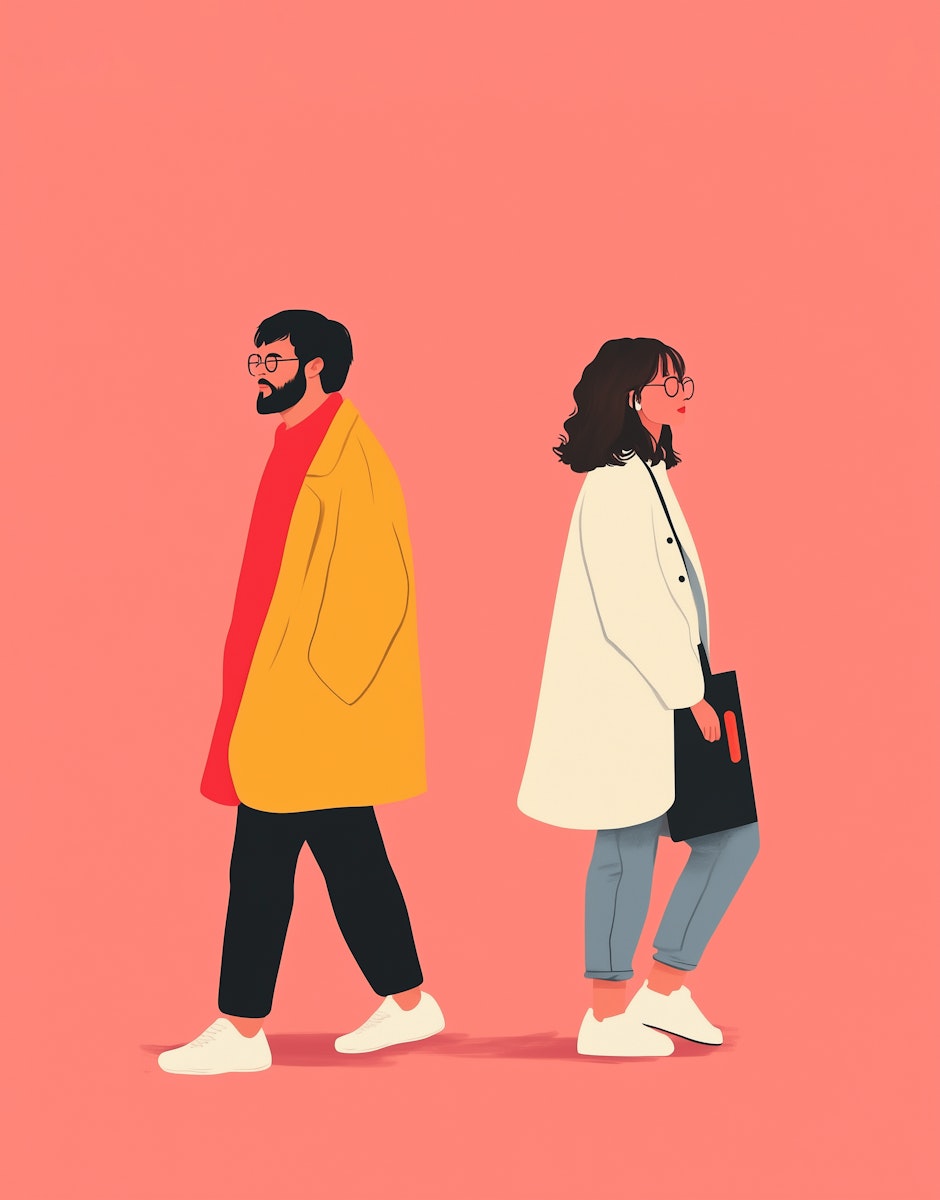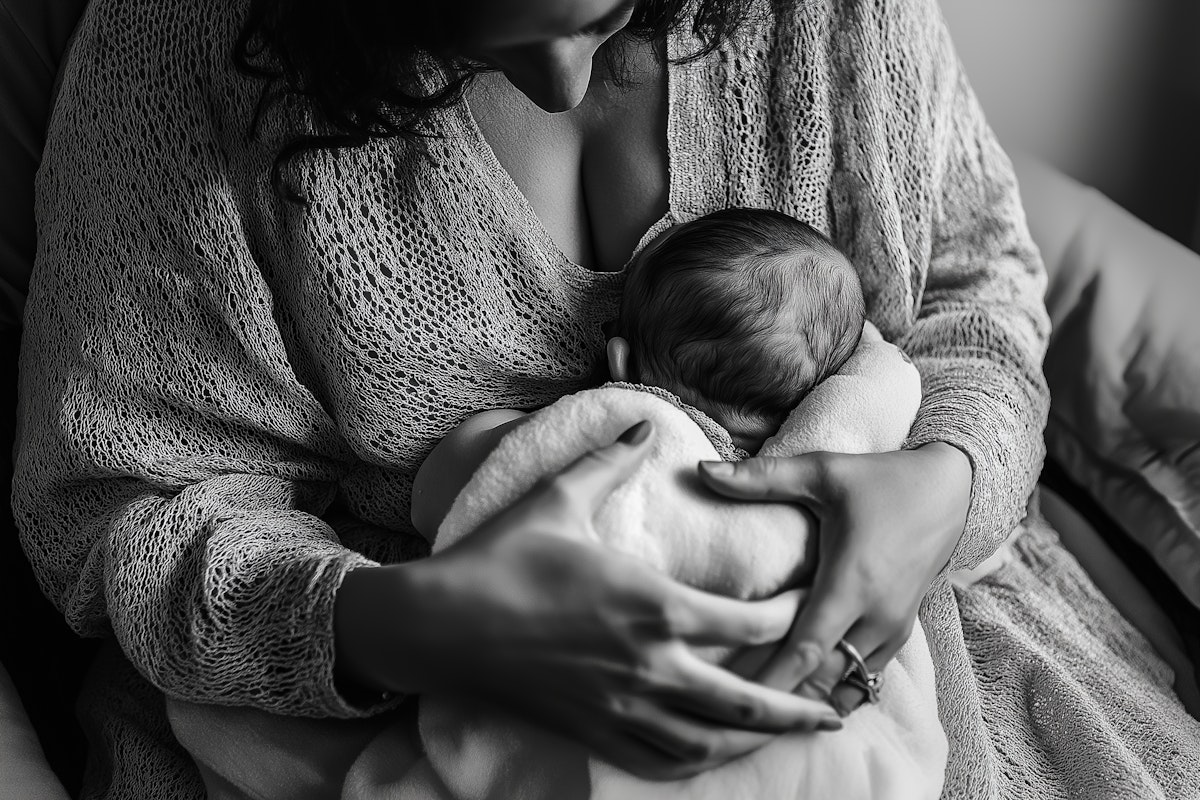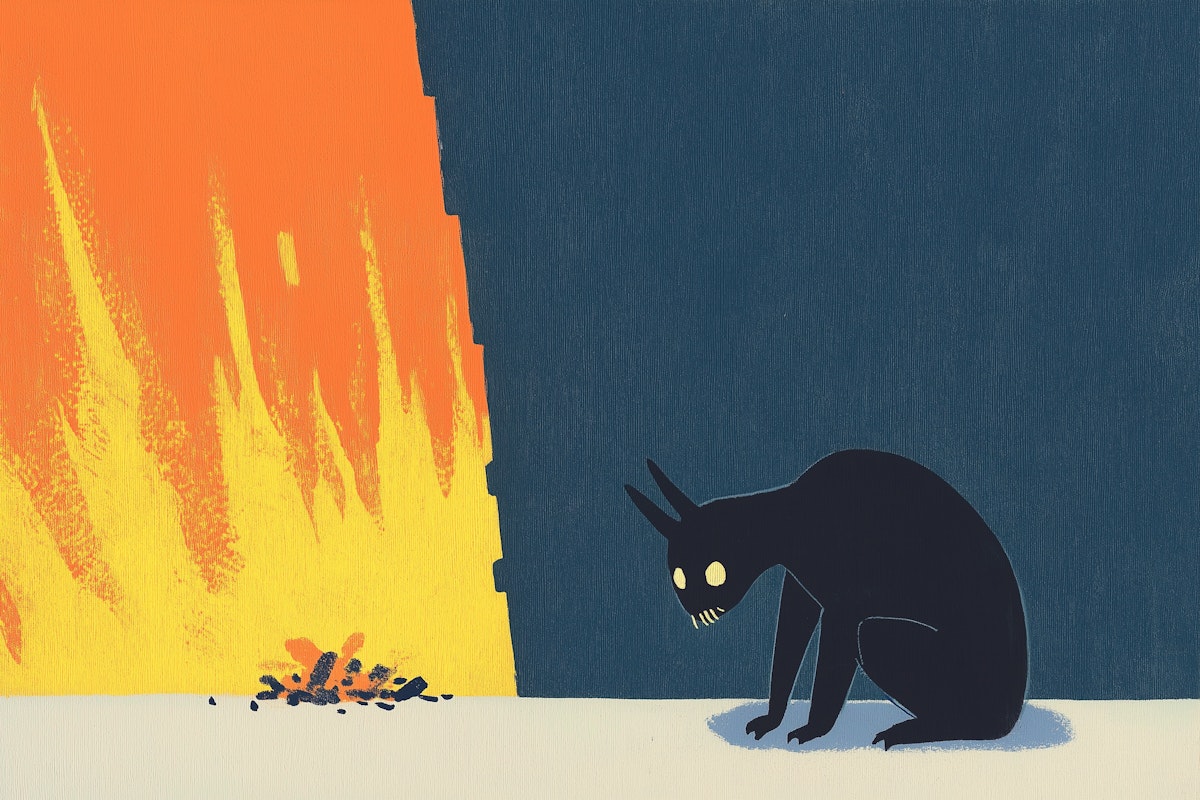There are few phrases as infuriating, as deeply unfair, as 'but why didn’t you leave?'
It’s tossed out casually by those who have never lived it, never felt the fear, never had to calculate the risk. It’s a question soaked in blame, disguised as curiosity, and it does nothing but heap more shame onto the shoulders of survivors who have already endured too much.
For anyone who has ever been asked this, who has ever been made to feel weak or foolish for staying: this is for you.
It’s Not That Simple
People who ask ‘why didn’t you leave?’ operate under the dangerous illusion that leaving is easy. That abuse is as simple as packing a bag and walking out the door. That if it was really that bad, surely anyone would leave. But the truth is, leaving an abusive relationship is often the most dangerous moment in a survivor’s life.
Those people would do well to know that studies show the most lethal time for a victim is when they attempt to leave. According to the National Domestic Violence Hotline, over 70% of domestic violence-related homicides occur after the victim has left or is in the process of leaving. Walking away isn’t just difficult—it can be life-threatening.
That’s even before you get to the logistics of the situation: many survivors are trapped in abusive relationships because their abuser has systematically cut off their financial independence. They may not have access to money, a job, or even a credit card in their own name. Leaving means not just escaping violence, but also rebuilding an entire life from scratch—often while caring for children.
And we’re also tired, we’re so so tired; abusers don’t just hurt their victims physically… they manipulate, gaslight, and isolate them. By the time many survivors consider leaving, they have been convinced that they are worthless, that no one will believe them, that they are to blame for their own abuse. It takes incredible strength to see through the fog of manipulation and fight for freedom.

The Shame That Question Brings
Every time a survivor hears ‘but why didn’t you leave?’, it reinforces the guilt and shame that many already carry. Society already does a fantastic job of blaming victims—this question only adds to the weight. It implies they were complicit, that staying meant they somehow allowed the abuse to happen, that they chose it. In reality, they survived the best way they could.
It also completely ignores the complexity of abuse. Domestic violence isn’t just physical; it’s psychological, financial, sexual, and emotional. Many survivors don’t even recognize they’re being abused until they are deeply entangled.
This question also shifts responsibility away from the abuser. Instead of asking survivors why they stayed, we should be asking: Why did their abuser hurt them in the first place? Why does society tolerate these patterns of abuse? Why do we not do more to support those trying to escape?
What We Should Say Instead
Instead of asking the question that blames, let’s ask questions that support.
- ‘How can I help?’ Sometimes survivors need practical assistance—finding a safe place to stay, accessing financial support, or even just someone to listen without judgment. If you’re close enough to a person to learn they’re being abused, you’re close enough to offer this support.
- ‘I believe you.’ Survivors are often met with skepticism, which is one of the biggest reasons abuse goes unreported. Your belief in their experience is much more powerful than you know.
- ‘You didn’t deserve that.’ Because they didn’t. No one does.
- ‘I’m here when you’re ready.’ Some survivors need time to process their trauma before they can leave or talk about it. Knowing they have a safe space to turn to makes all the difference.

If you are a survivor, know this: you are not weak. You did what you had to do to survive. You navigated an impossible situation in the best way you could. And that is nothing to be ashamed of.
Leaving is hard. Surviving is harder. And healing—that is the hardest of all. But you are not alone, and you do not have to carry the shame that was never yours to begin with.
To anyone who still asks ‘but why didn’t you leave?’—stop. The better question is: ‘What can we do to make sure no one ever has to ask that again?’








